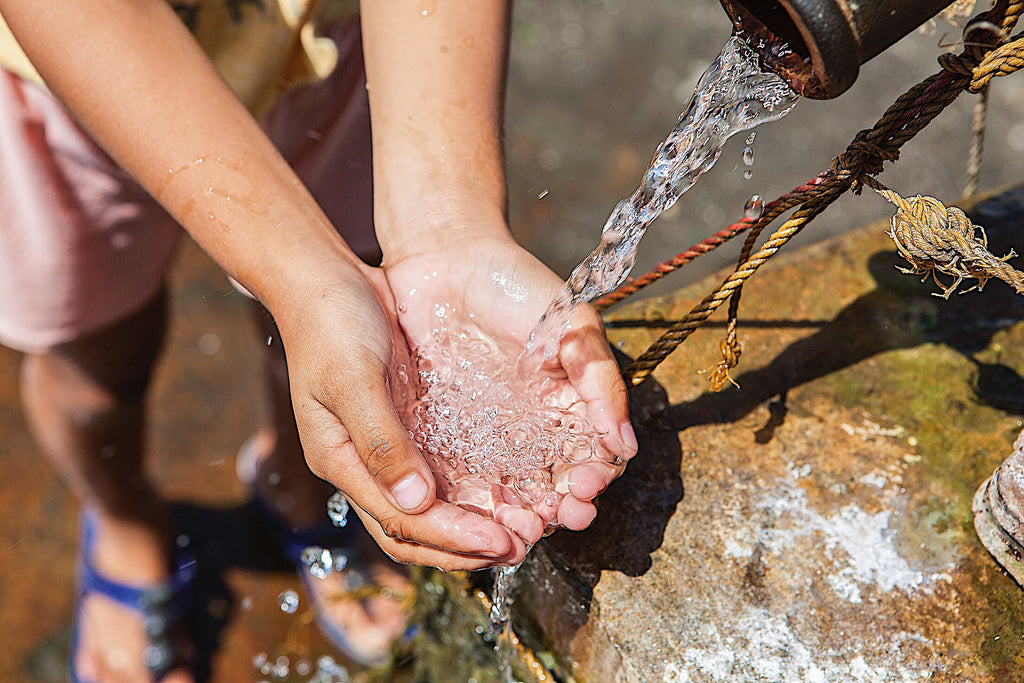Tackling Period Poverty in New Zealand: Ensuring Menstrual Equity for All

In the modern era, it is deeply concerning that period poverty remains an issue faced by many individuals around the world, including developed countries like New Zealand. Period poverty refers to the lack of access to sanitary products, menstrual hygiene education, and appropriate facilities, leading to significant challenges and obstacles for those who menstruate. In this article, we will delve into the issue of period poverty in New Zealand, explore its underlying causes, and shed light on the efforts being made to combat this pressing problem.
The Prevalence of Period Poverty in New Zealand
Despite being a country known for its progressiveness and high standard of living, New Zealand is not exempt from the issue of period poverty. Recent studies and anecdotal evidence have highlighted the prevalence of this problem among marginalized communities, including low-income households, homeless individuals, and indigenous populations. Lack of access to sanitary products, coupled with the high cost of these items, presents a significant barrier for many people in managing their menstrual health.
The Impact on Health and Well-being
Period poverty has severe consequences on the physical, emotional, and psychological well-being of those affected. Insufficient access to sanitary products forces individuals to resort to unsanitary alternatives like toilet paper, socks, or even newspaper, which can lead to infections and other health issues. Additionally, the stress and anxiety resulting from inadequate menstrual hygiene management can disrupt daily activities, hinder educational opportunities, and impact mental health.
Challenging Stigma and Cultural Barriers
In addition to the economic challenges, stigma and cultural barriers surrounding menstruation further contribute to period poverty in New Zealand. Societal taboos and misconceptions about menstruation can perpetuate shame and embarrassment, making it difficult for individuals to openly discuss their needs and seek support. Addressing these deep-rooted attitudes is crucial for creating an environment of acceptance and promoting menstrual equity.
Initiatives and Solutions
Recognizing the urgency of the issue, New Zealand has seen a growing number of initiatives aimed at combating period poverty and ensuring menstrual equity. Here are some notable efforts being made:
-
The government's involvement: The New Zealand government has taken steps to address period poverty by implementing policies to provide free sanitary products in schools, colleges, and universities. This initiative, launched in 2021, aims to ensure that all students have access to the menstrual products they need.
-
Non-profit organizations: Several non-profit organizations have emerged to tackle period poverty in New Zealand. These organizations distribute free or low-cost sanitary products to those in need, organize education programs, and work towards destigmatizing menstruation.
-
Community-driven campaigns: Grassroots campaigns and community initiatives have played a vital role in raising awareness about period poverty. Through donation drives, fundraising efforts, and volunteering, these campaigns strive to provide essential menstrual products to marginalized communities and foster a supportive environment.
Education and Empowerment
Addressing period poverty goes beyond the provision of sanitary products. Education plays a crucial role in destigmatizing menstruation, promoting good menstrual hygiene practices, and empowering individuals to take control of their menstrual health. Comprehensive menstrual education programs in schools, community centers, and healthcare settings are essential in normalizing conversations around menstruation and breaking down the barriers that contribute to period poverty.
Conclusion
Period poverty remains an urgent issue in New Zealand that requires ongoing attention and action. By addressing the economic, social, and cultural aspects surrounding menstruation, we can work towards ensuring menstrual equity for all individuals. It is imperative that governments, organizations, and communities continue to collaborate, raise awareness, and implement sustainable solutions to eradicate period poverty and create a society where menstruation is seen as a normal and dignified part of life.

Hello Deana, Jazz here from the bohokiwi team. I totally agree with you, it’s disheartening that period poverty still exists. I’m sorry to hear about your personal experience with it after being forced out of work. It’s truly unfair to have to choose between meals and sanitary items every month. In times like these, it’s important to know that there are resources available to help. For example, have you heard of @theperiodplace? They’re a great resource for people facing difficulties and they provide support and information .As a small start -up business, bohokiwi are committed to supporting people in need too. We often organize giveaways and discounts on our Facebook and Instagram pages. We believe that no one should have to struggle to afford essential products. We’re looking forward to the time when we can be an even bigger part of the community and make a positive impact together.
I think the worst part about period poverty has to be the fact it still occurs. I myself know the issue after being forced out of work. Each month I now need to choose between more than one meal a day or sanitary items. How are we meant to ask for help for this? Where are we meant to go or meant to ask about this. Struggling to afford pads yet the undies and cups are atleast 10x the price. I barely have 60 for my groceries each week.